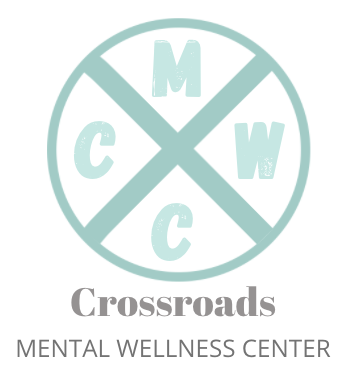Cognitive Behavioral Therapy (CBT)
An effective counseling approach to mental health treatment. This theory focuses on working with clients’ unhealthy, or distorted, cognitions which drive negative behavioral patterns. By changing one’s thought process, and learning coping strategies to regulate emotions, clients can work towards a more positive futuristic outlook.
Emotionally Focused Therapy (EFT)
EFT is mainly used when working with adult couples. With the busyness of everyday life and stresses that occur, people can fall into “going through the motions”, but not genuinely connecting with their partners. By using EFT in the counseling process, couples are re-taught how to truly listen, hear, reattach, and respond to one another emotionally and behaviorally. (Currently in the training process and working towards certification).
Pre-Marital & Marital Counseling (Prepare/Enrich)
A relationship assessment that creates customized results for each couple by identifying areas of strength and as well as specific areas where there is incongruence between the couple. This is a great tool for pre-marital couples as it brings to light difficult conversations in a non-judgemental setting with an indifferent third party to help facilitate communication. This assessment is also beneficial for marital counseling. As couples grow together, they grow as individuals too and thoughts, parenting strategies, communication styles, and needs may develop differently. Looking through Prepare/Enrich results can create a framework from which to start and help couples get back “on track” to live more fulfilling lives with one another.
Reality Therapy
The heart of this theory believes that people have control over their own actions and behaviors. It is when one takes responsibility for their undesired present state of being, that they can work towards making better life choices. According to Reality Theory, people have mental distress due to relationships as everyone has an innate sense of wanting love and to belong. People are relationship driven (family, partner, friend, child, co-worker etc…), so when a relationship is out of congruence, it causes stress. Counseling can help one process through relationship issues, identifying what one can control (versus what they can’t) and then empower the client to change what they can to better themselves and their relationships.
Solutions Focused Brief Therapy (SFBT)
This theory focuses on one’s current state of being and what they want to accomplish. The “miracle” question (If you had a magic wand and could change your reality, what would your world look like?) is used to help identify the client’s goals. The therapist’s role is to help clients identify small short term goals that they can accomplish with moderate effort and then expand their efforts to reach higher goals as clients develop a stronger sense of self-efficacy through the counseling process and by achieving each new step along the way.
Therapeutic Friendship
A unique partnership where the client and their needs are the focal point. You can expect undivided individual attention during your sessions, as well as active listening and non-judgemental communication. As you and your therapist develop rapport, you will find that the strongholds that have been preventing you from living your best life can be lessened.

